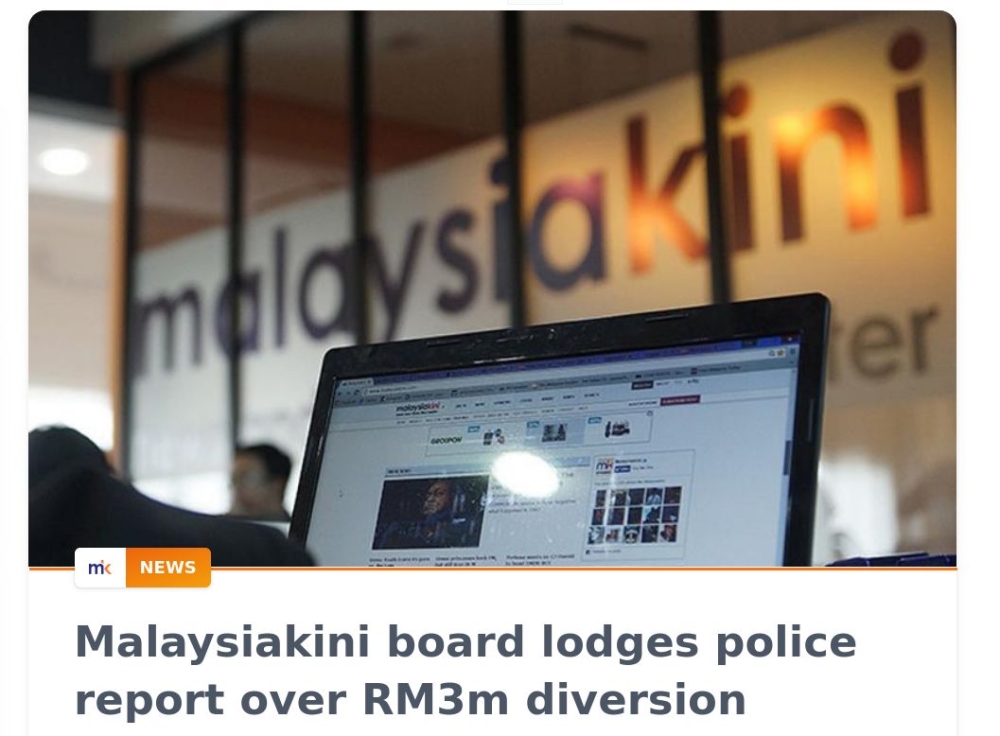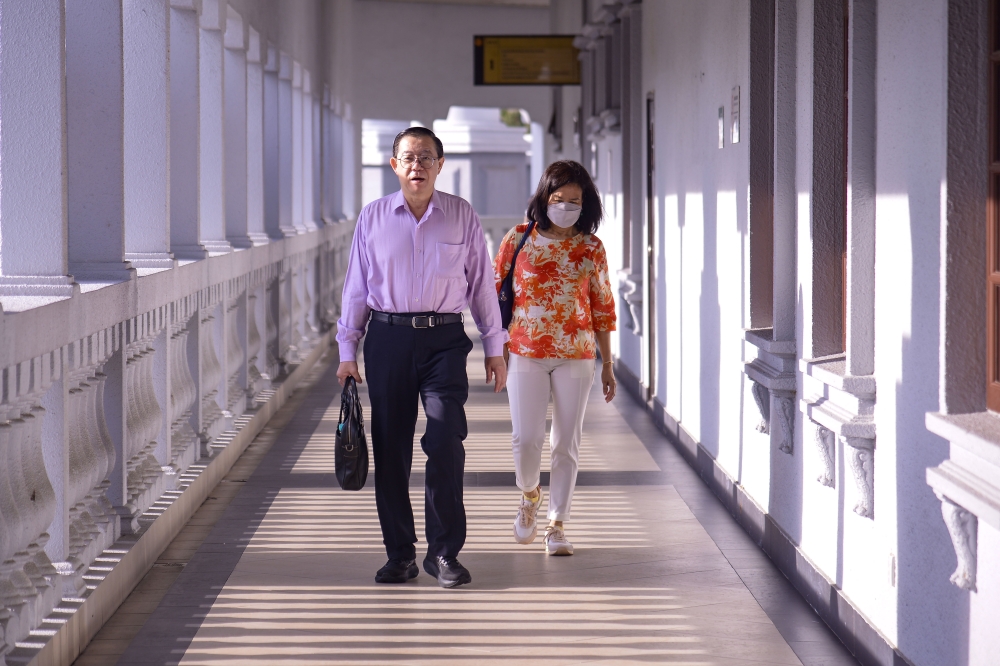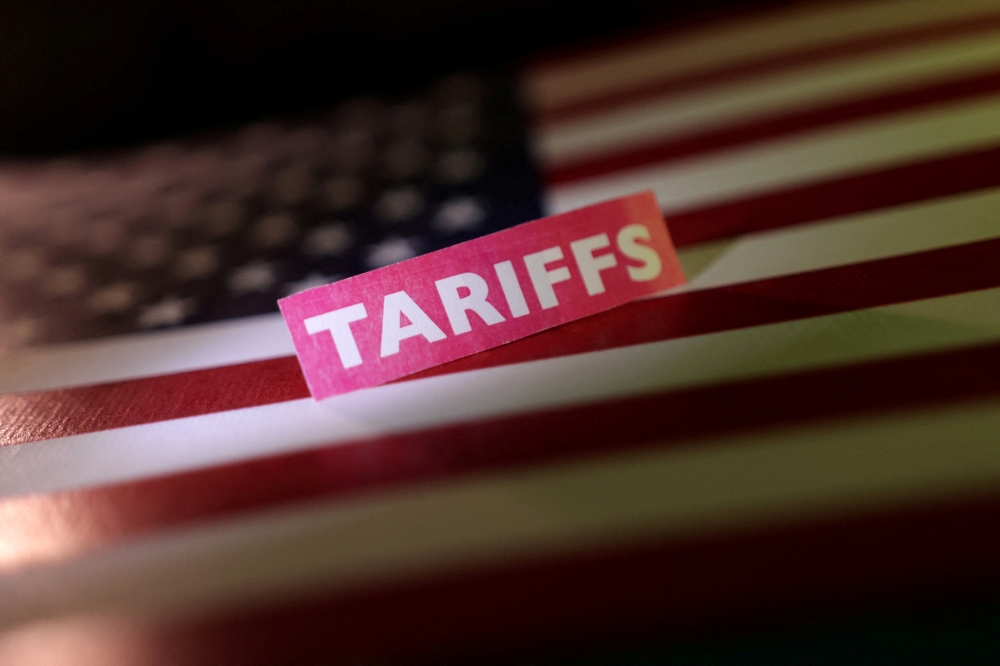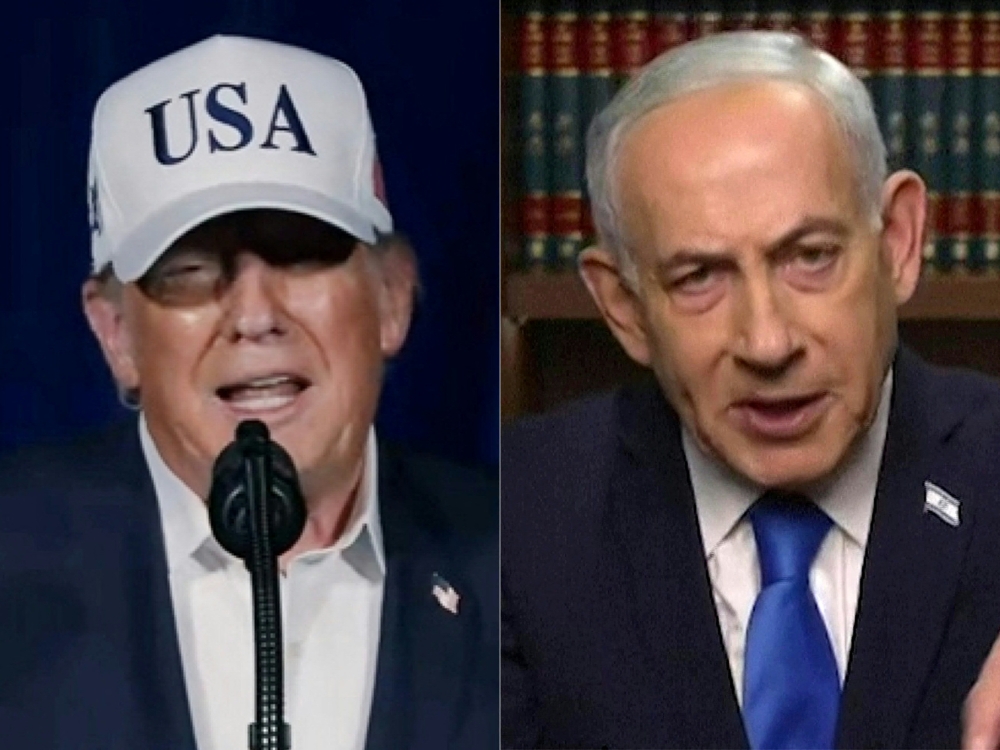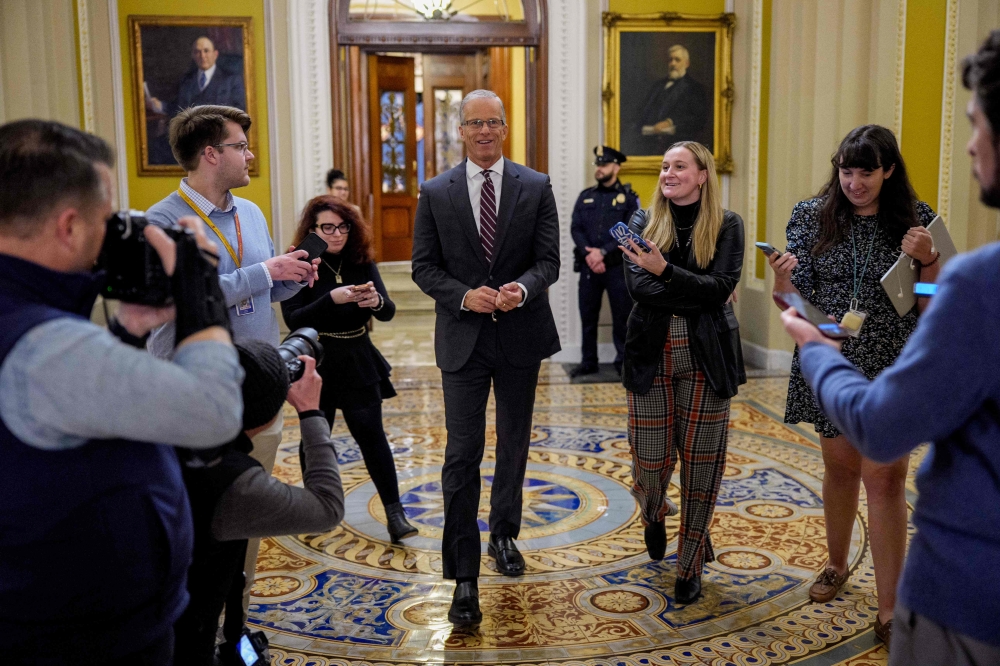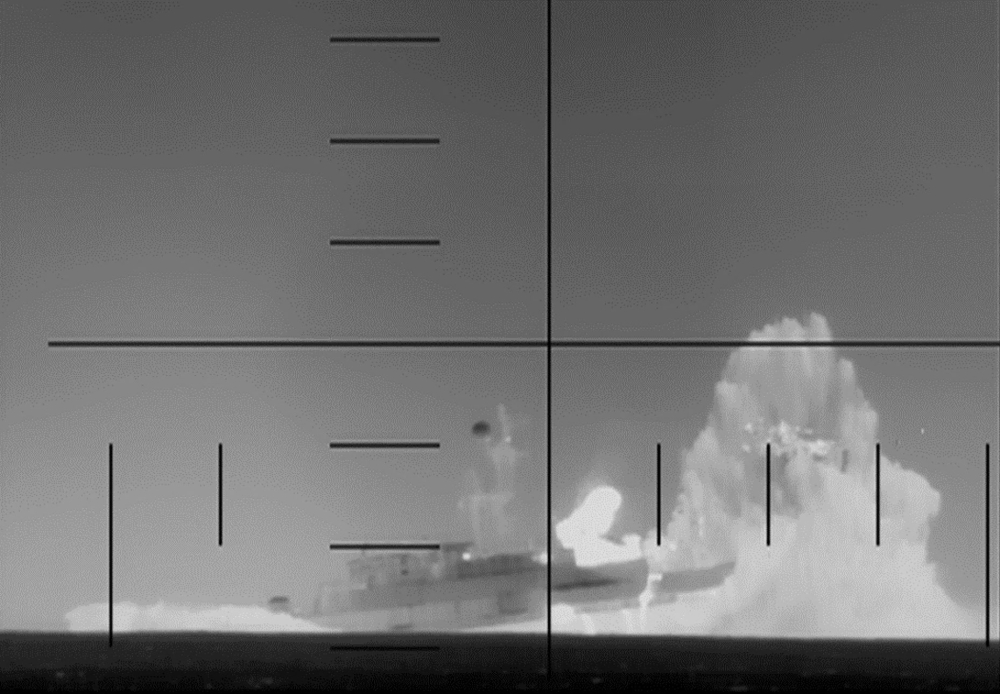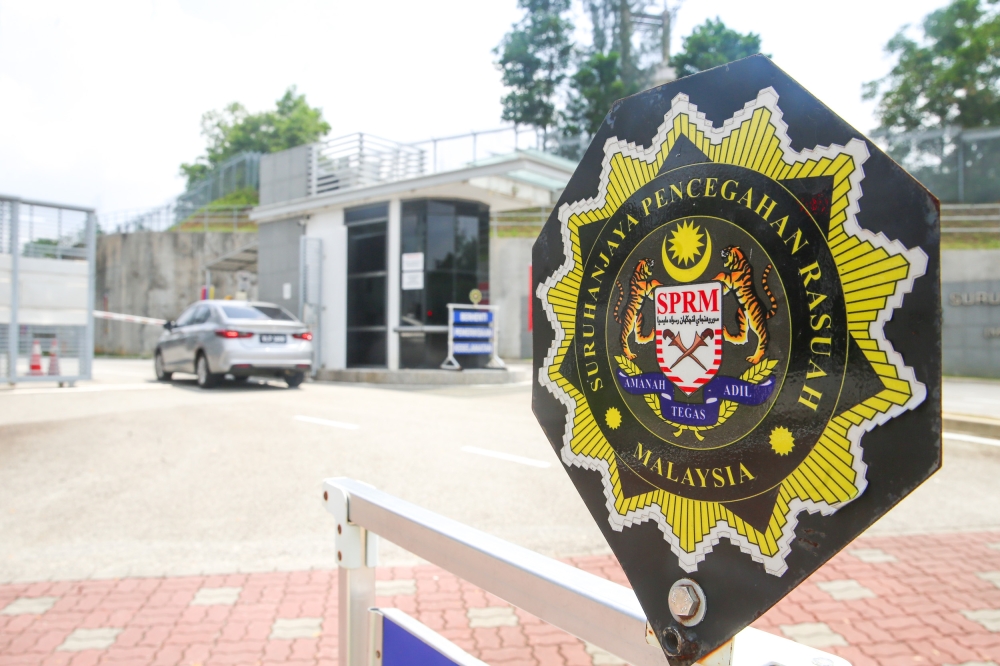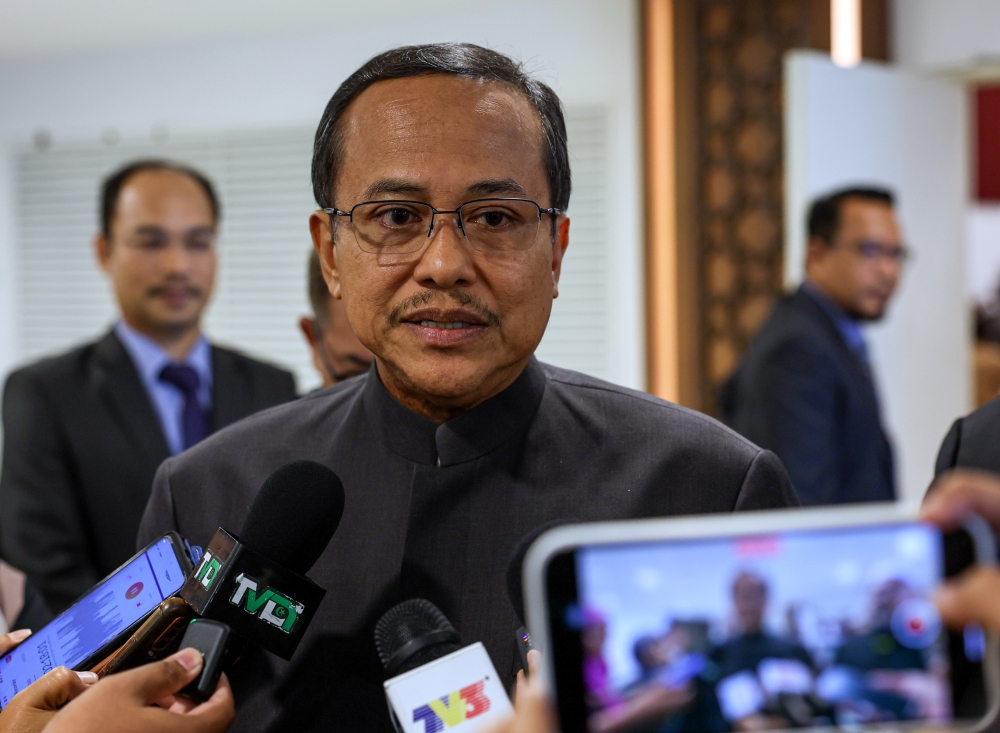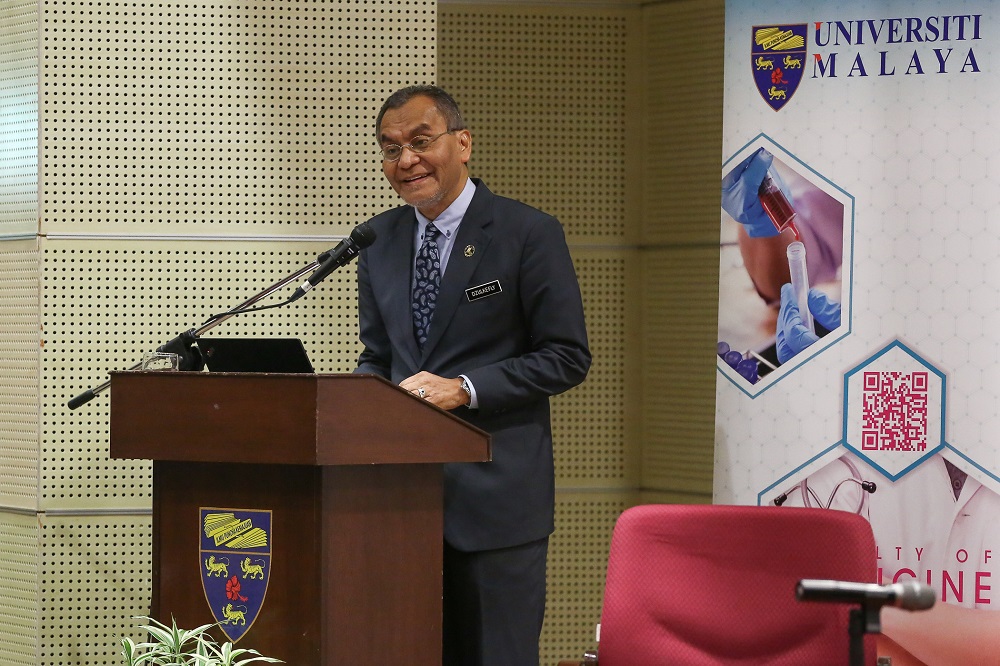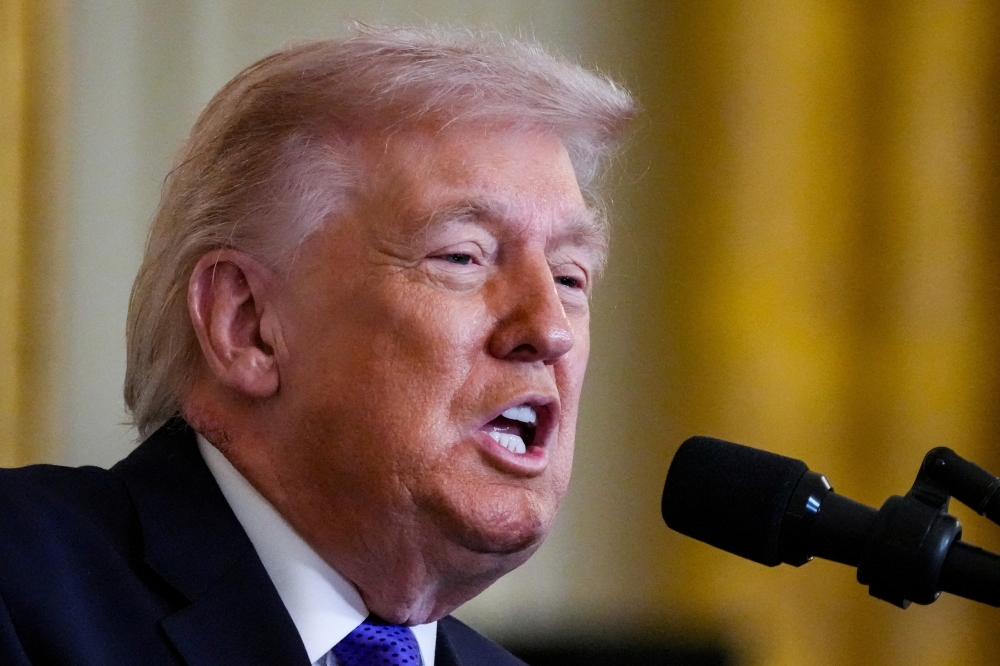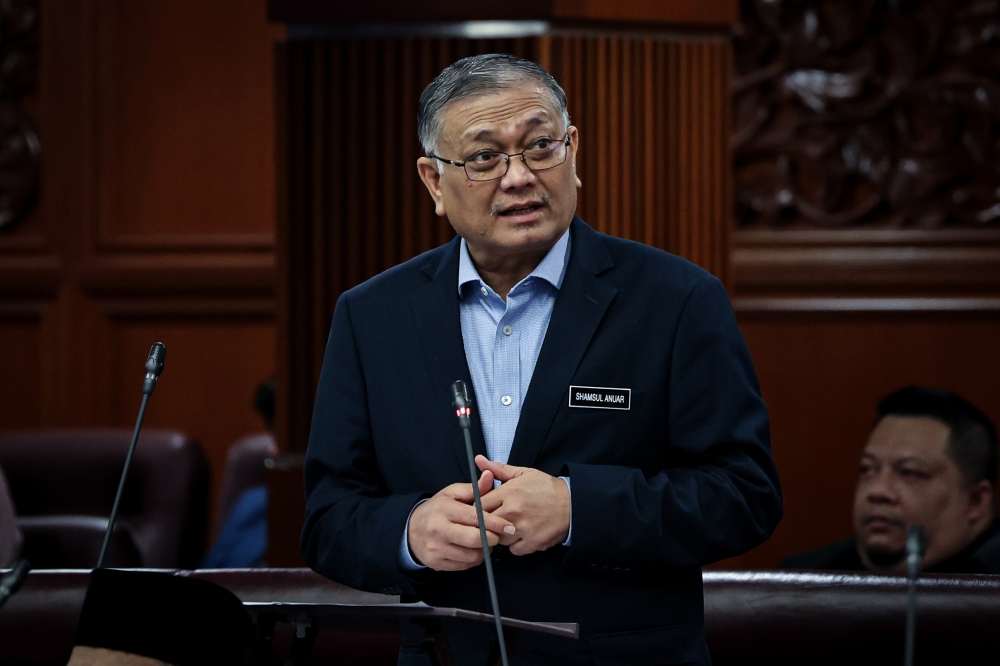KUALA LUMPUR, Jan 30 — The government’s plan to decriminalise substance addiction will abide by religious teachings, Health Minister Datuk Seri Dzulkefly Ahmad said today.
The assurance comes amid growing concern over the Pakatan Harapan administration’s plan to reform federal drug laws among conservatives, who feel decriminalisation would lead to more vice.
Putrajaya had in the past stressed that the policy revamp does not involve legalising illicit substances, and that the drug trade would remain a crime with heavy penalties.
“There are always people out there who misunderstand and misrepresent us so it is important that I get the correct representation,” he told reporters at the sideline of a decriminalisation forum here.
“Nothing at all by way of legalising. Decriminalisation is only to help those who have succumbed to addiction...we must treat them as patients, do not put them in prison; stigmatise or incarcerate but help them,” he added.
“I am truly taking in the interest of the citizens, the nation and nothing against religion...we must take into consideration the interest of the rakyat, the nation, of religion and it is not to legalise something that is made illegal by religion.”
The proposal to decriminalise addiction was announced in late 2019 after years of pressure by proponents critical of the war on drugs, among them progressive federal lawmakers.
Government backbenches like Permatang Pauh’s Nurul Izzah Anwar had said there was an urgent need to revise how the authorities approach the addiction problem since decades of punitive measures have failed to curb abuse.
The proposal is still being studied, but religious conservatives are already resisting the idea.
Last year PAS leaders argued that decriminalisation would be a catastrophic, increase abuse and expand the drug trade through sustained demand.
But Dzulkefly said critics often conflate decriminalisation and legalisation. Still, the minister said today this misconception was likely a result of poor communication or misrepresentation.
He conceded that more engagement with the public is needed.
“We have to look at it cautiously, tactfully and judiciously. That’s the way to do it,” he told reporters.



